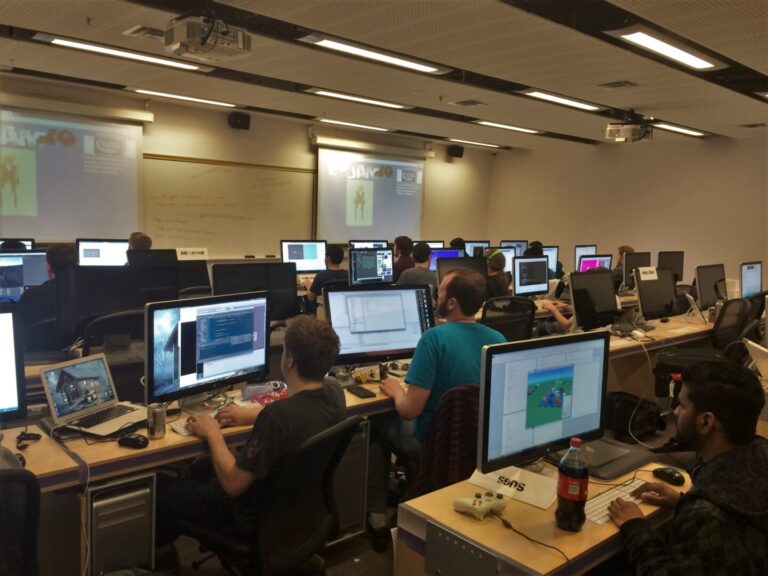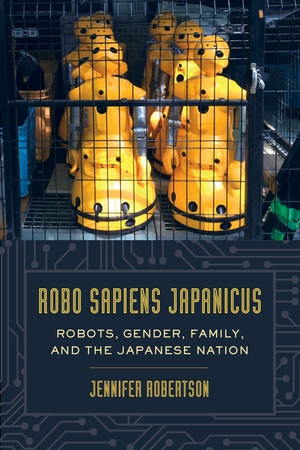Aslı Zengin’s Violent Intimacies theorizes the fraught encounter between the Turkish state and its trans subjects. Introducing the analytic framework of “violent intimacies,” Zengin advances two main claims: structural violence unfolds through intimate contact with gendered bodies, and trans women, in turn, confront this violence with intimate practices of resistance. Zengin’s work marks a significant intervention within trans studies. She pays close attention to the materiality of the body as the location where violence is both enacted and contested—a welcome departure from the tendency towards abstraction in trans theoretical production. She also pushes the field in transnational directions to address experiences of gender transgression beyond North America and Western Europe. A rich ethnography of trans life in Turkey, the text depicts everyday scenes of violent intimacies across several interpersonal and institutional settings: the street, police, medicine, law, and family. Violent Intimacies offers a vibrant account of Turkish trans women who—faced with state neglect and social exclusion—envision alternative ways of building worlds and sustaining life.
Keyword: ethnography
Holy Wine Online: Deir Cremisan in Digital Space
This article focuses on the visual materials of the Cremisan Winery Estate’s Facebook page to argue that Cremisan’s digital presence is complex and multivocal, eschewing binaries of digital food activism or consumer-oriented marketing. My approach (using digital and “analog” research) grounds media analysis in site visits and sees digital content as a method of creatively resisting oppressive structures and digital space as locations in which interactions occur. I suggest that Deir Cremisan’s Facebook page participates in a complex discourse between contemporary political debates, piety, local and international commodity markets, and the pragmatics of the daily operations of running a vineyard and winery.
Review of The Breaks: An Essay by Julietta Singh (Coffee House Press)
Julietta Singh uses an epistolary tradition to meditate on pressing challenges in the contemporary moment. She fixates on a resounding theme: how must we break from existing systems to truly center the most vulnerable in our institutions and epistemologies? In a long-form letter to her six-year-old daughter, Singh reflects on queer life and architecture, family trauma, radicalization, and collective mobilization.
Scene Tracing: The Replication and Transformation of Global Industry, Movements, and Genres in Local Game Production
The notion of scenes has helped frame how particular clusters of cultural activities, practices, and “happenings” simultaneously replicate and transform global practices in specific localities. The study of scenes has aided us in examinations of how geographic and virtual localities create and shape global industries, movements, and genres. In this article, I focus on the Toronto game production scene to examine how it replicates and transforms the wider cultural norms, working conditions, and genre productions of the global game industry. Based on a two-year ethnography of the scene, I survey how gamemakers maintain and challenge the expected norms and practices of industry and platforms in the production of local games. To identify these clusters of cultural activity, I develop the notion of scenes as palimpsests to trace how gamemakers replicate and transform industry cultural norms and practices in the local scene. The last decade has seen the emergence of social media platforms as a venue for participants of scenes to discuss, create, and disseminate their works with geographically local and global audiences. The textual spaces of these platforms connect participants of local production scenes to a global community defined by geography, industry, and genre. By tracing scenes through its inscriptions, I examine how these platforms are centers for encounters between the values and practices of the Toronto game production scene and the wider industry. This article is about how the geographical cultural activities of scenes are shifting into virtual environments, and how these virtual spaces are transforming the cultural norms and practices of gamemaking and its associated activities, such as socials, game jams, and “talking shop.” I argue that analyses of globalization must consider the wider physical and virtual infrastructures of local production to understand how cultural media are produced and circulated around the globe.
Review of Television and the Afghan Culture Wars Brought to You by Foreigners, Warlords, and Activists by Wazhmah Osman (University of Illinois Press)
This review examines Wazhmah Osman’s book Television and the Afghan Culture Wars, an ethnographic study of television media in Afghanistan. The book explores the Afghan mediascape through richly detailed interviews with media industry professionals and local Afghans, which provide a realist portrayal of the perils and triumphs of media houses in Afghanistan, local cultural contestations, changing gender norms, and the role and reception of television in the nation’s rather tumultuous political and cultural life. Osman deflates the dominant notion in Western discourses of Afghanistan as a “hopeless landscape of powerless people,” (2) arguing that there is a thriving, internationally backed media infrastructure and a hopeful, culturally conscious citizenry in the nation. She argues that despite Afghanistan’s history of violence, ethnic tensions, atrocities against women, and imperialistic agendas by foreign powers, the Afghan media sector is a widely accessible platform for retribution against years of underdevelopment and war, with “the potential to underwrite democracy, national integration, and peace” (3).
Review of Robo Sapiens Japanicus: Robots, Gender, Family, and the Japanese Nation by Jennifer Robertson (University of California Press)
Jennifer Robertson’s Robo Sapiens Japanicus: Robots, Gender, Family, and the Japanese Nation assesses the robot phenomenon in Japan within the last decade. Offering sustained critiques on contemporary techno-fix narratives, Robertson reveals how humanoid robots are designed and deployed to reify conservative values under the guise of technological advancements. Robertson’s impressive ethnographic project weaves together robots of science fact and fiction, leaving readers to interrogate how humanoids, androids, gynoids, and cyborgs both challenge and reify existing social structures across the globe.
Review of The Social Life of Financial Derivatives: Markets, Risk, and Time by Edward LiPuma (Duke University Press)
Edward LiPuma outlines a sociohistorical theory of the market that positions derivatives trading as initiating a new form of capitalism. The book also confronts the narratives that the financial sector tells itself about the causes and aftermath of the financial crisis, revealing the social relations that underpin the entire enterprise. LiPuma exposes the wild-seeming speculation of hedge fund managers and traders as a rationale that disappears the social aspect of its own ritual induction and relational mode of production and reproduction. An understanding of the social underpinning of financial markets, LiPuma hopes, can lead to a politics of “just optionality” where the same methods for betting on securitized commodities (assets made liquid) like housing mortgages can be transferred into wagers that further the collective good. For Marxists, LiPuma has an urgent message: existing theories of the market are incomplete without an understanding of how financial capital, led by derivatives trading, has transformed the means by which capital reproduces itself.
Not About White Workers: The Perils of Popular Ethnographic Narrative in the Time of Trump
This essay rasies three concerns about popular contemporary ethnographies that focus on the rural and white “working class.” First, these ethnographies are not treated as partial accounts of cultural experience but are instead taken as straightforward political and economic analyses. Second, these ethnographies amplify an “empathy mandate,” which demands that our political actions center on trying to understand misunderstood populations—in this case, the so-called “white working class.” Third, by disarticulating the cultural markers of “working classness” from the material conditions of class, these ethnographies obscure the political significance of “working class.” Ethnographies of “white working class” experience may be useful only if we treat them as small openings that lead to bigger and broader stories, rather than as complete and transparent explanations of what is going on.
Preservations of Silence in the Queer Archive
Ditzler’s recording blurs the lines between theory, aural ethnography, and critical intervention. Framed as an attempt to archive a site-specific “telling” of one queer-identified man’s history, it is in the recording’s failure to capture that telling as a “whole” (i.e., in ways that perpetuate the fantasy of unmediated access to the past by rendering the fact of recording invisible) that the piece’s queer potentialities emerge.







